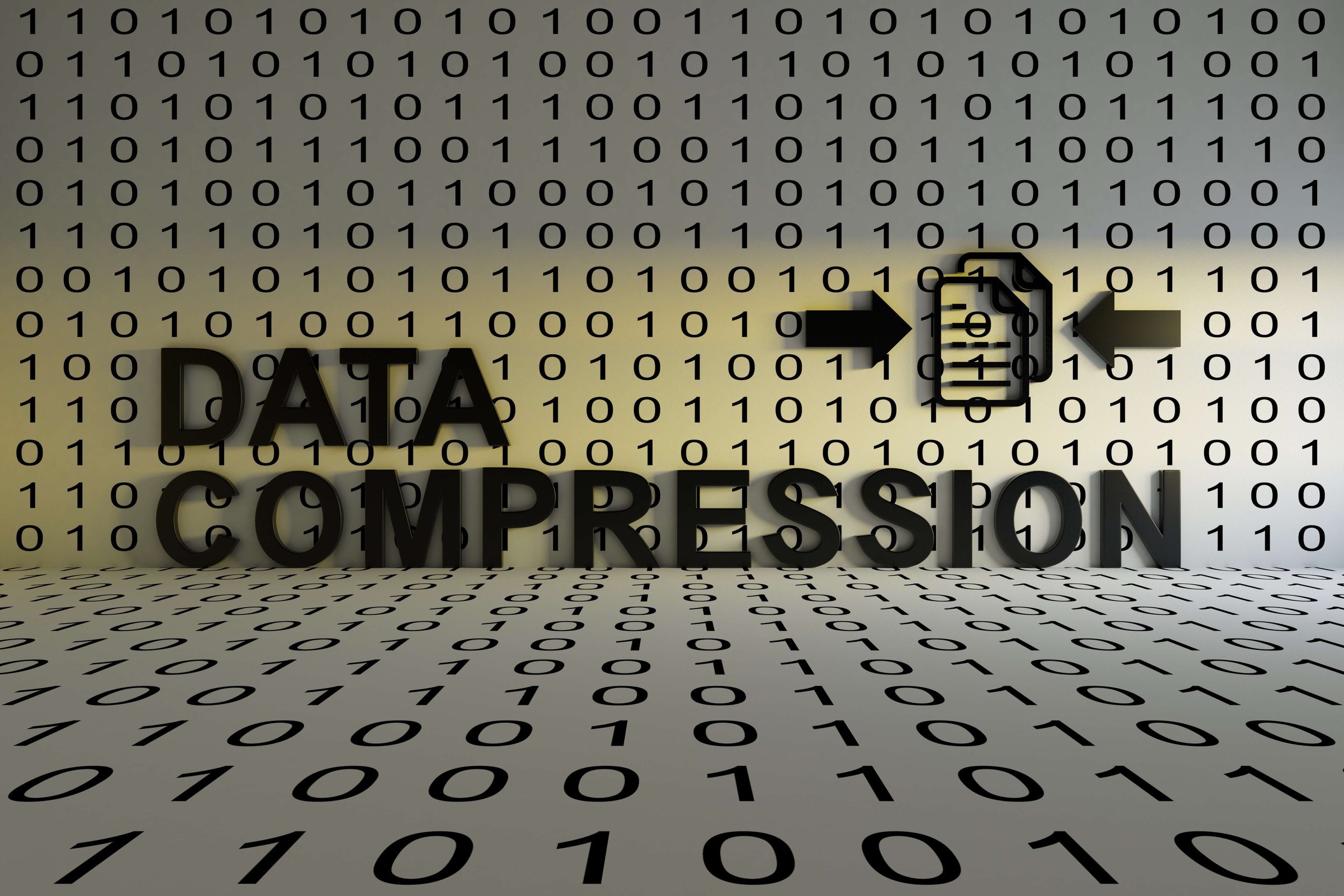Exploring energy-efficient cloud services and data centers for sustainable marketing
a comprehensive guide
As the owner of a sustainable marketing company, I am dedicated to helping businesses minimize their environmental footprint while maximizing their marketing potential. In this comprehensive guide, I will delve into the world of energy-efficient cloud services and data centers, offering a range of options to support your sustainable marketing efforts.
1. Embracing Energy-Efficient Cloud Services:
a. Google Cloud:
Google Cloud is a leading provider committed to powering its infrastructure with renewable energy sources. By leveraging Google Cloud, businesses can ensure their digital content is hosted on an energy-efficient platform, significantly reducing their carbon footprint. This aligns with the values of sustainability and environmental responsibility, and with a free version to start, new businesses aiming for sustainability can hit the ground running.
b. Microsoft Azure:
Microsoft Azure is dedicated to carbon neutrality and implements energy-efficient practices in its data centers. By choosing Azure, businesses can reduce their energy consumption while maintaining high-performance digital campaigns. This option supports sustainable marketing efforts without compromising effectiveness. Sustainabelle Media has chosen to use Microsoft Azure not only thanks to their commitment to environmental initiatives and net zero but also because Microsoft is renowned for top-level security, an essential in business.
2. Leveraging Sustainable Data Centers:
a. Amazon Web Services (AWS):
AWS has made substantial investments in renewable energy projects and strives for 100% renewable energy usage. By utilizing AWS, businesses can host their digital campaigns on infrastructure powered by clean energy, contributing to a more sustainable digital landscape.
b. DigitalOcean:
DigitalOcean is committed to lowering its carbon footprint through the purchase of renewable energy credits. Partnering with DigitalOcean ensures that your digital content is hosted on an infrastructure that prioritizes sustainability. This aligns with the values of environmental responsibility and supports sustainable marketing initiatives.
With all this talk about leveraging sustainable data centers, you may be wondering…
How Will I know if AWS or DigitalOcean is a good fit for my business?
Ultimately, each business with need to conduct a detailed assessment of their infrastructure needs, budget, scalability requirements, and technical expertise to determine if utilizing AWS or DigitalOcean is the most beneficial solution for their specific circumstances. To help you do an initial evaluation, here is an overview of businesses that would benefit from the use of each sustainable web service provider:
-
Amazon Web Services (AWS): AWS is suitable for businesses of various sizes and industries that require a robust and scalable cloud infrastructure. It can be particularly beneficial for:
- E-commerce businesses: AWS offers services that help handle traffic spikes during peak seasons, ensuring stable performance and avoiding potential downtime.
- Startups and fast-growing companies: AWS provides flexible and scalable resources, allowing businesses to easily adjust their infrastructure as they expand.
- Enterprises: AWS offers a wide range of services, including machine learning, data analytics, and AI, making it suitable for large-scale operations with complex computing needs.
How to determine if AWS is beneficial for your company:
1. Assess your infrastructure needs: Businesses should evaluate their current and future infrastructure requirements to determine if the features and scalability of AWS align with their goals.
2. Consider cost-effectiveness: AWS offers a variety of pricing models, and businesses should compare the costs of hosting and maintaining their own infrastructure versus utilizing AWS services.
3. Evaluate reliability and performance: Research the availability and reliability of AWS services, as well as the level of customer support provided, to ensure it meets the business's service level requirements.
4. Consider the need for scalability: If your business anticipates fluctuating demand or rapid growth, AWS's scalability features can be advantageous.
-
DigitalOcean primarily caters to small and medium-sized businesses (SMBs) and developers who require simplicity, ease of use, and cost-effective cloud services. It is especially beneficial for:
- Developers and startups: DigitalOcean provides an intuitive interface and straightforward setup, making it ideal for developers who prioritize simplicity and speed in their workflow.
- SMBs with budget constraints: DigitalOcean offers cost-effective pricing plans and predictable monthly billing, making it attractive for businesses with limited budgets.
- Projects with lower resource requirements: DigitalOcean is suitable for smaller projects that do not require extensive scalability or complex infrastructure needs.
How businesses can determine if DigitalOcean is beneficial:
1. Evaluate project requirements: Consider whether the project demands extensive scalability or if the simplicity and affordability of DigitalOcean's services are more aligned with your business's needs.
2. Assess technical expertise: DigitalOcean may be more suitable for businesses with teams or developers who prefer a DIY approach and have the technical skills to set up and manage their infrastructure.
3. Review pricing and budget: Compare DigitalOcean's pricing structure with other cloud service providers to determine if it fits within your business's budget.
4. Consider support and documentation: Evaluate the available support channels and documentation provided by DigitalOcean to ensure they meet your organization's requirements for assistance and troubleshooting.
3. The Importance of Energy Efficiency:
a. Sustainable Infrastructure Design:
Energy-efficient designs in data centers play a pivotal role in minimizing energy consumption and carbon emissions. By selecting cloud services and data centers that prioritize energy efficiency, businesses can reduce their environmental impact while achieving their marketing goals. This choice promotes cost savings and operational efficiency.
b. Responsible Consumer Practices:
Educating clients and customers about responsible consumer practices is essential for sustainable marketing. Encouraging energy-efficient device usage and file compression techniques can minimize the environmental impact of digital content delivery and consumption. These practices empower businesses to make sustainable choices and contribute to a greener digital landscape.
To learn more about sustainable infrastructure design and the strategies businesses can use to promote a more responsible digital landscape, check out our next article, Embracing Sustainable Marketing: Paving the Way for a Greener Digital Landscape.
As the owner of a sustainable marketing company, I understand the significance of energy-efficient cloud services and data centers in reducing the environmental impact of digital campaigns. By exploring options such as Google Cloud, Microsoft Azure, AWS, and DigitalOcean, businesses can support their sustainable marketing efforts while achieving their marketing goals. Embracing energy-efficient infrastructure and promoting responsible consumer practices contribute to a more sustainable and responsible digital landscape. Let us empower businesses to make informed choices and pave the way for a greener future through sustainable marketing practices.





